As a piano player, you might not immediately think about the importance of breath work and breathing techniques. However, proper breathing can have a significant impact on your playing, performance, and overall musicality. Here are some tips on breathing and breath work for the piano:
1. Prioritize QUALITY over QUANTITY when you practice.
In the world of music, it's often thought that more practice time equals more success. While it's true that regular and consistent practice is essential for skill development, the quality of your practice is far more important than the quantity. Practicing for hours on end without a clear plan or focus can lead to frustration and a lack of progress, while deliberate and focused practice in short bursts can yield excellent results. 2. STOP practicing if you keep making the same mistakes. You are LEARNING what you PRACTICE. Consider this scenario: a pianist spends six hours a day practicing a difficult piece, but is consistently making mistakes and struggling to progress. They continue to practice this way for weeks, becoming more frustrated and fatigued with each passing day. In this case, their practice time is not leading to significant improvement and may be a waste of their efforts. 3. Practice small spots with detailed attention mindfully, VERY SLOWLY and VERY WELL. On the other hand, consider a pianist who takes a more focused approach. They identify a specific section of a piece that they are struggling with and spend just 15 minutes each day practicing that section, focusing on precision and accuracy. Over time, they see significant improvement in that section, leading to better overall performance and progress. 4. Start from different spots - NOT JUST FROM THE BEGINNING. The key to effective practice is deliberate focus on specific areas of improvement, rather than simply spending hours playing through a piece from start to finish. This can involve breaking down a piece into smaller sections and working on them one at a time, using a metronome to build rhythm and timing, or even practicing away from the instrument through visualization techniques. 5. Focus on making the hard parts easy by giving them the attention they require. Spot practice, where you isolate specific sections of a piece and practice them repeatedly, can also be highly effective. For example, if a pianist struggles with a particular chord progression or passage, they can practice it repeatedly in short bursts throughout the day, gradually increasing speed and precision. This targeted approach can yield significant improvement in a short amount of time. 6. To save time : Increase how long you practice after QUALITY of PRACTICE has been established. It's important to remember that quality of practice is far more important than quantity when it comes to piano practice. By focusing on deliberate and targeted practice, pianists can improve their skills and make progress more efficiently. Whether through spot practice, visualization, or other techniques, it's essential to approach practice with focus and purpose in order to achieve the best results. So, next time you sit down to practice, remember to prioritize quality over quantity. If you're just starting to learn how to play the piano, it's essential to establish a regular practice routine. Effective practice habits can help you progress faster and achieve your musical goals. Here are some tips for beginners to make the most of their piano practice sessions:
1. Set specific goals for each practice session 2. Warm-up with finger exercises and scales 3. Practice playing both hands separately and then together 4. Take breaks to avoid fatigue and maintain focus 5. Record yourself playing to track your progress Understanding music theory is an essential part of learning to play the piano. Knowing the basics of music theory can help you read music more easily, improvise, and compose your own music. Some essential music theory concepts for piano players include scales, chords, and intervals. Learning to read sheet music and understanding the symbols used in sheet music is also critical for piano players.
Finding the right piano teacher is crucial for your success as a piano player. A good piano teacher can help you develop proper technique, provide guidance, and offer feedback on your progress. When choosing a piano teacher, consider factors such as their experience and qualifications, teaching style, and availability. You may also want to ask questions related to your needs and watch videos of their recitals and performances to see some of the skill levels that they work with and student outcomes.
It’s a common misconception that it is best to start learning the piano at a young age. Older children have some unique advantages when it comes to taking up the piano.
Here are just a few reasons why piano lessons can be especially beneficial for older kids:
There are few extra-curricular activities in which student-teacher proximity is as close as in music lessons. Keep this in mind when deciding how to best keep yourself and your family safe from contagions - mild or severe.
Expert instructors know the importance of preventative care and injury-free technique based teaching. This is true also for the environment and cultivating a sense of relaxation and freedom during lessons. Teachers and students must be sure that they have a clear understanding of rules, boundaries, and expectations. When the priority of wellness is in agreement, it will promote a healthy and happy teaching and learning environment. Ensure your comfort by establishing these things ahead of time and determining whether in-person, virtual, group, or individual lessons are best for you. 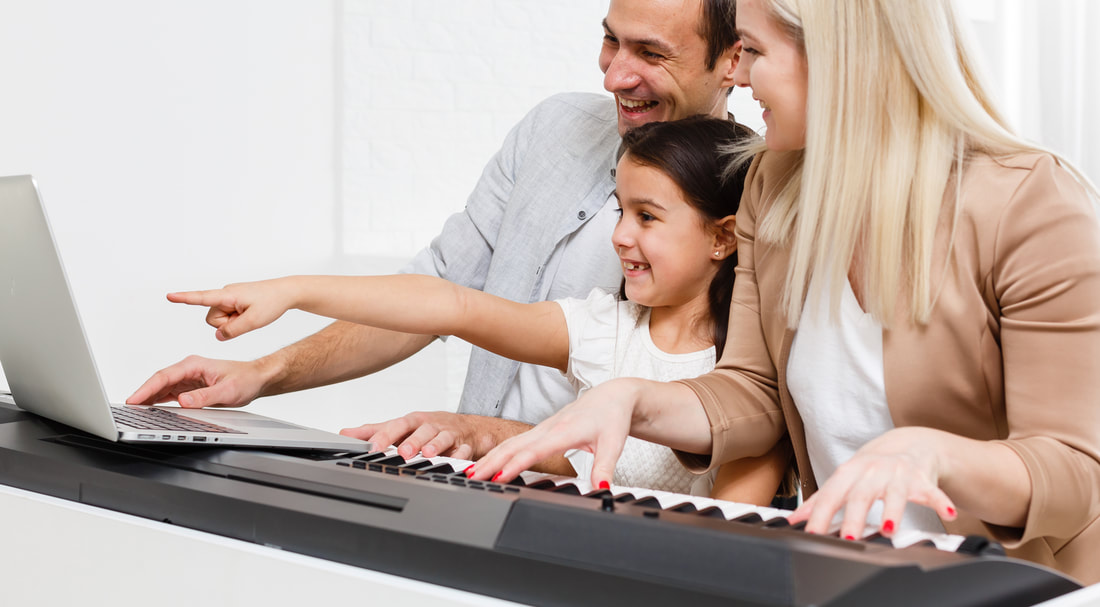 Learning to play the piano can bring a multitude of benefits to people of all ages. While many may assume that piano lessons are only for children, the truth is that anyone can benefit from learning to play the piano, from young children to older adults. In this blog post, we will explore some of the benefits of taking piano lessons and how they can improve your life at any age. 1. Improved Coordination : Playing the piano requires the use of both hands and feet simultaneously, which can improve coordination skills. Through practicing scales, chords, and songs, the brain is trained to coordinate multiple movements at once, leading to better hand-eye coordination and overall motor skills. 2. Better Memory : Playing the piano can also improve memory skills. While learning to play a piece, you must remember the notes, rhythm, and dynamics, which can improve your memory and cognitive abilities. Studies have shown that playing the piano can also help to prevent memory loss in older adults and can even improve the memory of those with dementia. 3. Enhanced Creativity : Playing the piano can spark creativity and imagination. When you play the piano, you have the ability to create your own music, improvise, and express yourself through sound. This can lead to a greater sense of self-expression, increased confidence, and improved problem-solving skills. 4. Reduced Stress : Music has long been known to have a calming effect on the mind and body. Playing the piano can help to reduce stress and anxiety, as it provides a form of relaxation and can even lower blood pressure. Furthermore, the act of playing music can release endorphins, which can improve mood and overall well-being. These are just a few of the many benefits of taking piano lessons. Whether you are a child just starting out, an adult looking to learn a new skill, or a senior looking to improve your cognitive abilities, learning to play the piano can provide a multitude of benefits for all ages. So, if you have been considering taking piano lessons, get started today and reap the many benefits that playing the piano can offer.
Playing the piano requires a lot of hand and finger coordination, but one aspect that is often overlooked is the importance of flexible wrists. Not only can maintaining good wrist posture improve the sound and quality of your playing, but it can also prevent injuries and pain in the long run. Here are some practical tips for maintaining good wrists while playing the piano:
Here are some ways in which playing the piano can encourage creativity and self-expression:
Benefits of Playing the Piano During Winter
Playing the piano during the winter months can provide many benefits. For one, it can help you stay mentally sharp and focused. The act of playing music requires concentration and attention to detail, which can be especially useful during the long winter months when we may feel more lethargic. In addition to mental benefits, playing the piano can also be a great way to reduce stress and boost mood. Music has been shown to have a powerful effect on our emotions and can help us feel more calm and relaxed. This can be especially beneficial during the winter months when we may be more prone to seasonal affective disorder (SAD) or other forms of depression. Tips for Maintaining Your Piano During Winter To keep your piano in top condition during the winter months, there are several things you can do:
2. Humidify the AirThe dry winter air can also be detrimental to your piano. Dry air can cause the soundboard and other parts of the piano to crack, which can lead to expensive repairs. To prevent this, consider using a humidifier in the room where your piano is located. This can help keep the air moist and prevent damage to your instrument. 3. Tune Your Piano Regularly Even with proper maintenance, pianos will inevitably go out of tune over time. To keep your piano sounding its best, it's essential to have it tuned regularly. This is especially important during the winter months when temperature and humidity changes can cause the piano to go out of tune more quickly. 4. Clean Your Piano Finally, it's essential to keep your piano clean and free of dust and debris. Dust can accumulate on the piano's keys and inside the instrument, which can affect its sound and playability. To clean your piano, use a soft cloth and gentle cleaner designed specifically for pianos. In conclusion, playing the piano during the winter months can provide many benefits, but it's essential to take care of your instrument to keep it in top condition. By keeping the temperature stable, humidifying the air, tuning your piano regularly, and cleaning it, you can ensure that your piano will continue to bring you joy and beautiful music for years to come. 1. The HEIGHT of the device matters a lot It's important for the piano teacher to see the posture, hand position, and foot placement during the lesson. This is often best achieved by using height adjustable phone/device stands which can be ordered online. Why this is important A thorough piano lesson will address hand movement, finger positions and the proper height and distance from the keys. If the camera is too close, too low, or too high, it will need to be adjusted so that the proper technique is taught and observed. If a teacher is unable to observe basic piano lesson elements such as hand positions, foot movement, and posture, then the student may develop bad habits and a delay in technical proficiency due to practicing incorrectly. Keep things easy by maintaining the best height for the student. The teacher will guide you through the set-up process. 2. A CHARGED device matters a lot
A fully charged device will help ensure that the lesson is not abruptly interrupted due to low battery. Consider using charging stations throughout the day of the lesson is necessary Why this is important The purpose of the lessons are education, expression, technique, mindfulness and calm. Sensitive students may be prone to frustration if they are suddenly cut off due to a phone dying in the middle of the lesson. The more tools we use to keep students feeling fulfilled without unpleasant surprises, the better they will feel. 3. Maintain a CONSISTENT set-up Make a note on how to angle and support the device. Try to set up before the lesson starts. The teacher will guide you and confirm that the set-up is good. A solid set-up will ensure that the device is stable, at the perfect distance, charged, and ready to go. Why this is important Students appreciate getting straight to their lessons without being concerned with spending too much time on the device positioning and set-up. It is also comforting when the phone or other device is reliable, sturdy, and stable throughout the lesson. Students are going through more than enough in various areas of their lives and can get a sense of relief, peace, calm, and security during their piano lessons. The littlest things may affect some students in great ways so let's make sure we do what we can to ensure smooth, reliable, and peaceful online/ virtual lessons. Playing the piano can be a powerful tool for overcoming fear. Whether you're afraid of failure, public speaking, or just trying something new, the piano can help you build confidence and resilience. Here are some ways that playing the piano can help you overcome your fears:
1. Remember that health comes first This includes the health of your family, teachers, and community. Follow the necessary guidelines to keep yourself and those around you as healthy as possible. Be patient in taking good care of yourself. Use music as a tool for self-care and emotional wellbeing. 2. Enhance your creativity by approaching pieces in new ways
Use this opportunity to revisit old pieces. You may add new interpretations, dynamics, phrasings and anything that makes you feel happy and expressive. 3. Explore new pieces with familiar sounds Think of your favorite theme songs, or great classics that you adore. Put your energy into the sounds and feelings that you would like to connect with and express at your instrument. 4. Share your music with others Use this opportunity to uplift others in your home by playing for them. You may also touch the hearts of those in the greater community by playing online. 5. Monitor how you feel and reach out for help Depression, anxiety, and other conditions can affect you and your loved ones immensely. This is also a time in which you must be patient with yourself in order to avoid exhaustion, burn-out or over assertion. Balance your time and energy as you see fit and be sure to have as much professional and emotional support as possible. Having a good piano teacher can provide many mental health benefits for students. Here are some ways in which a good piano teacher can support mental well-being:
Playing the piano together can bring couples closer and create a stronger bond. Here are some ways that learning to play the piano can enhance your marriage:
|
AuthorJodi Ann Russell, Ed.D., M.M., B.M., N.C.T.M. is an expert piano instructor who emphasizes mindfulness, relaxation, creativity and technique in personalized piano lessons and master classes online. Archives
April 2024
Categories |




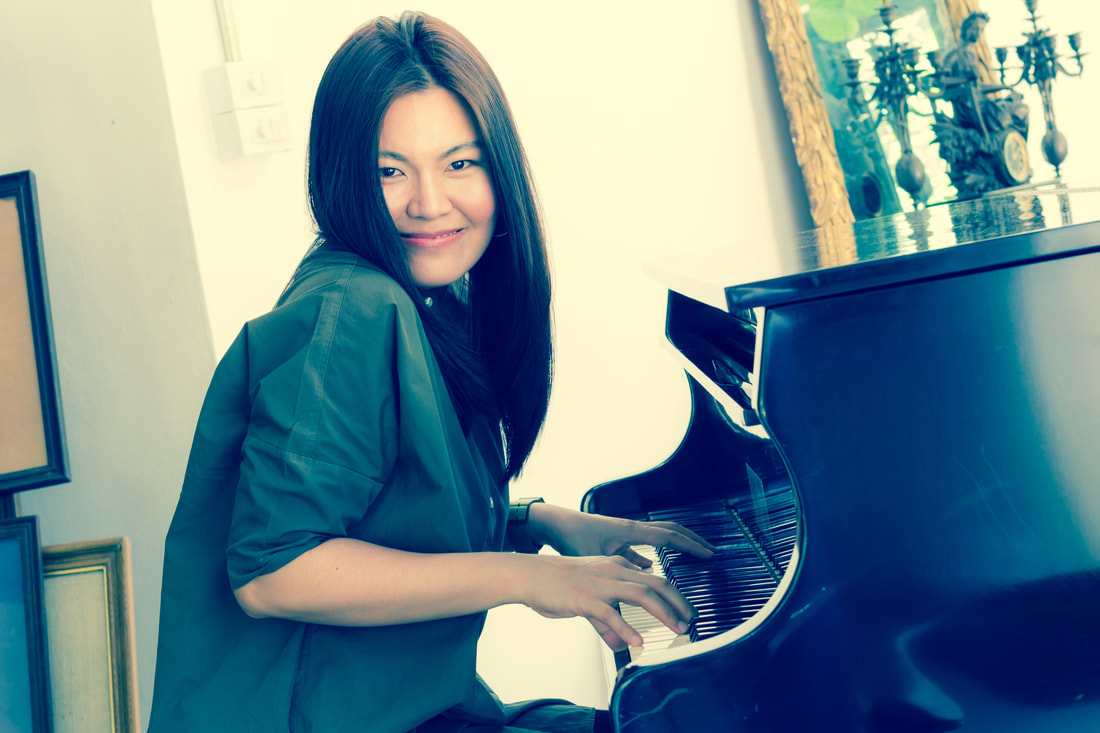
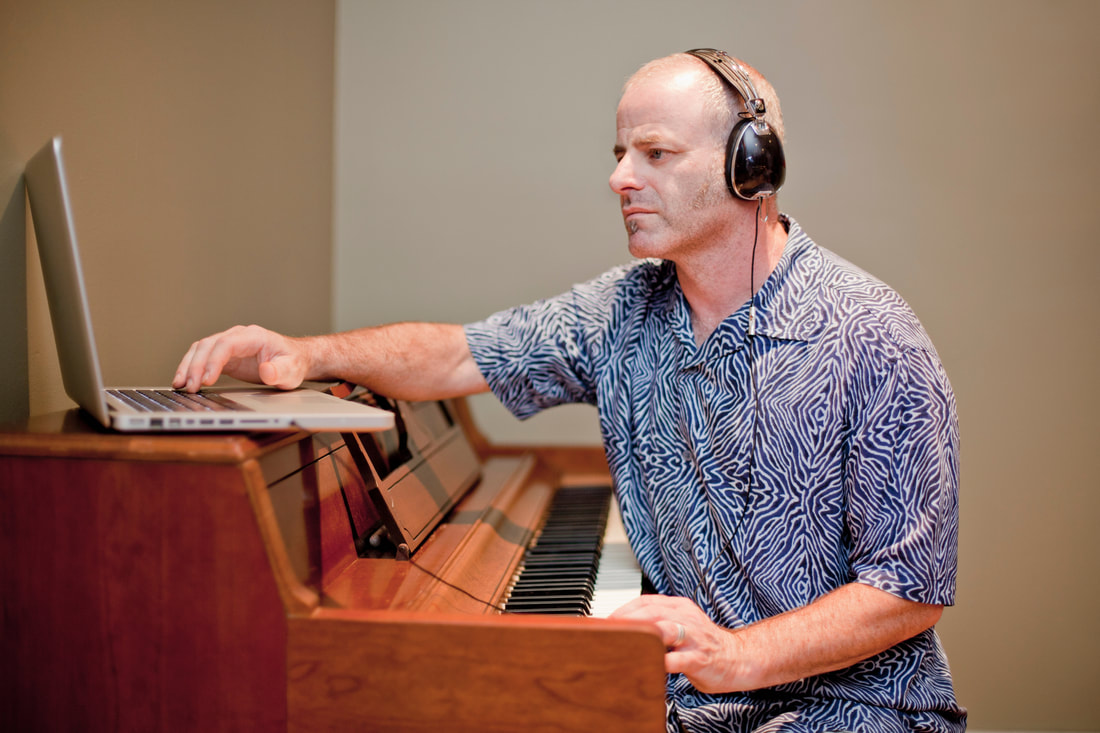
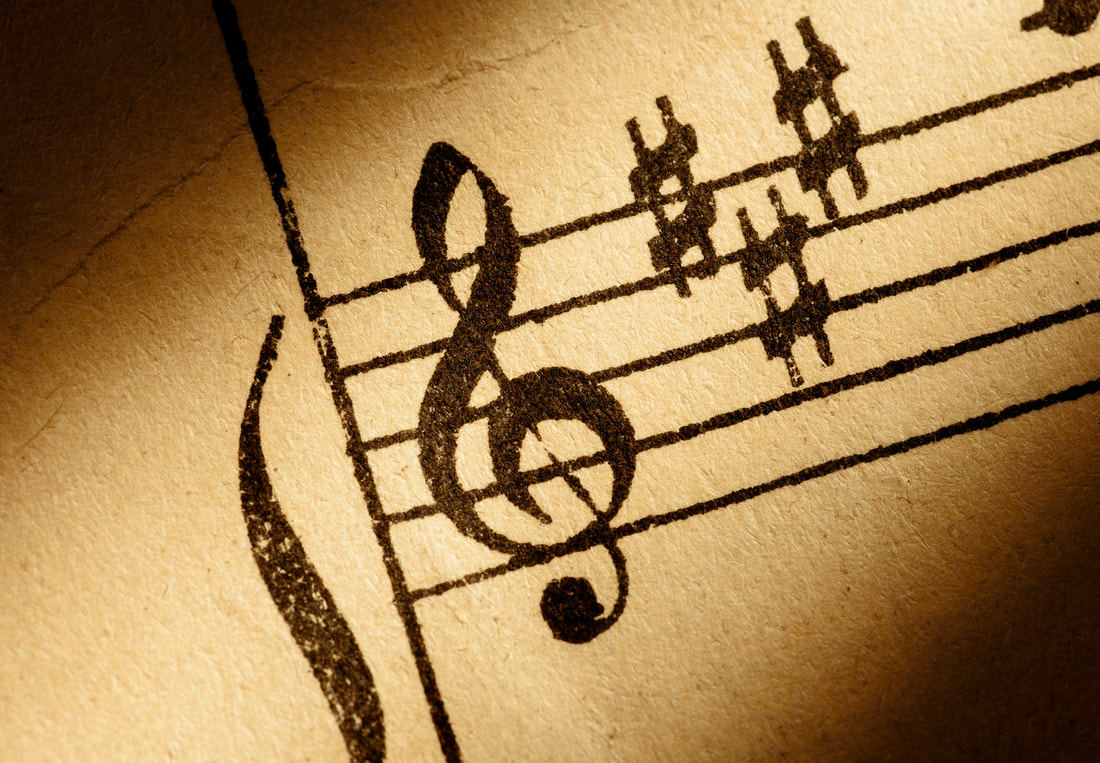
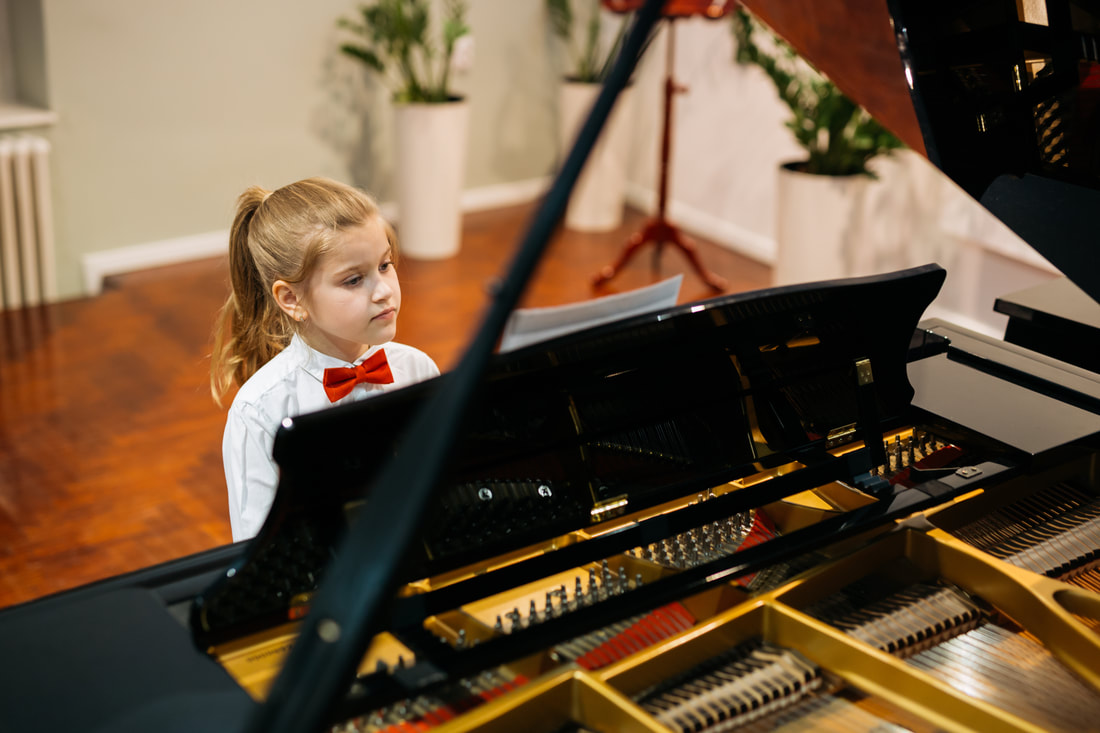

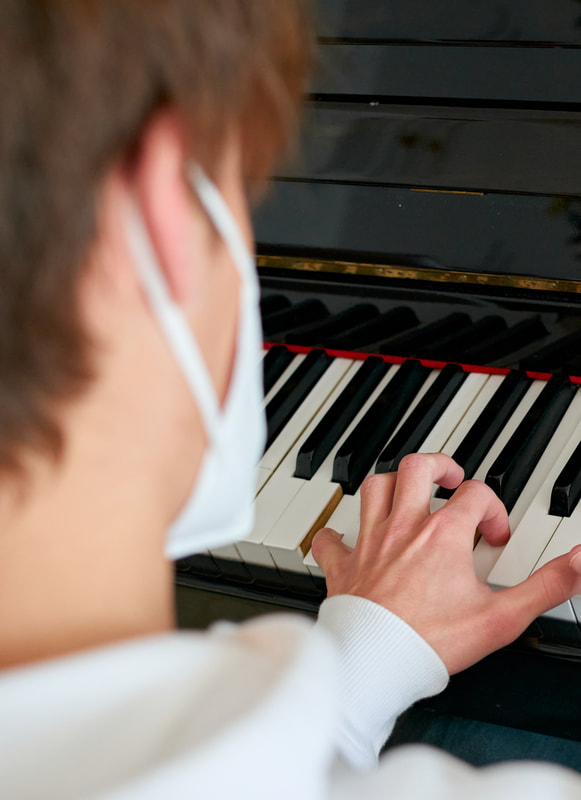
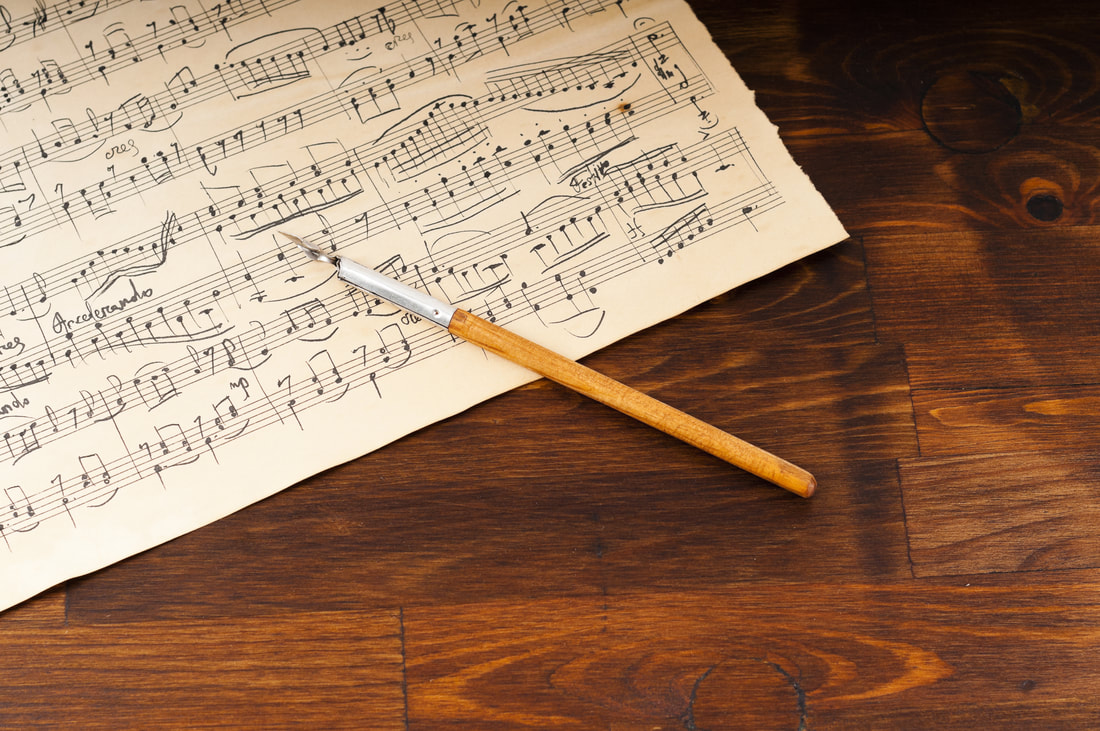
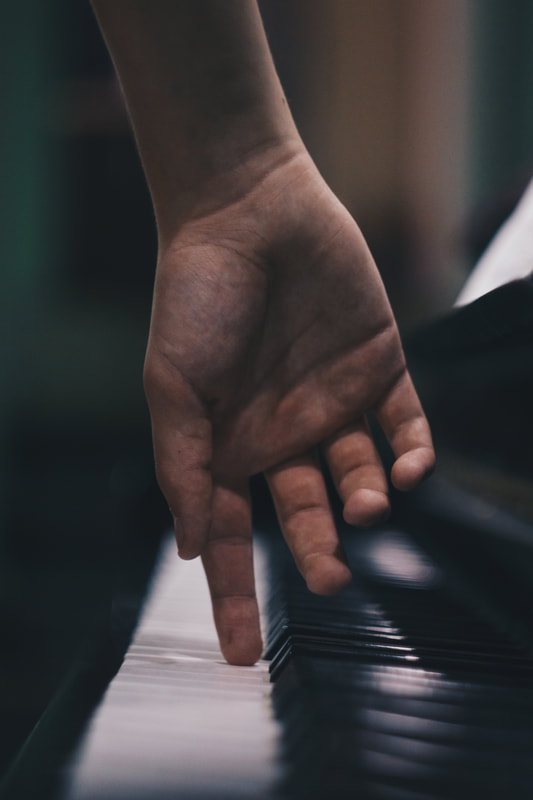
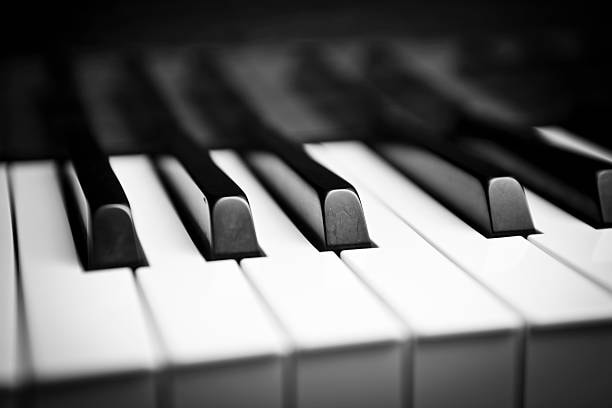

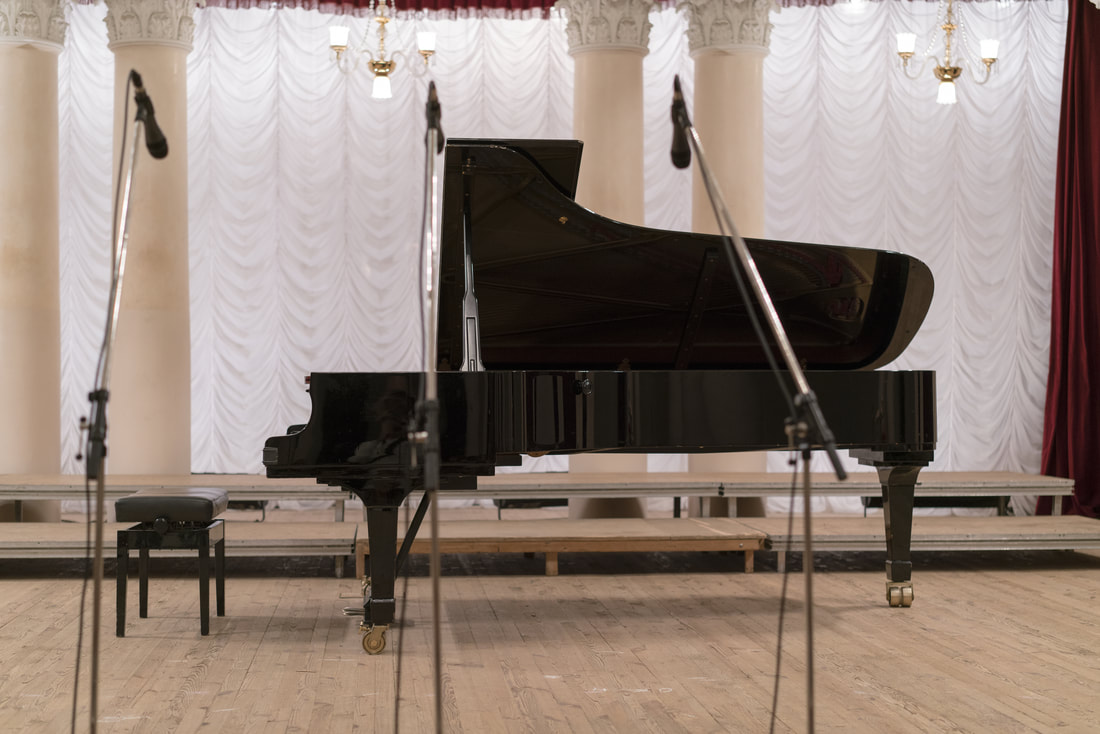

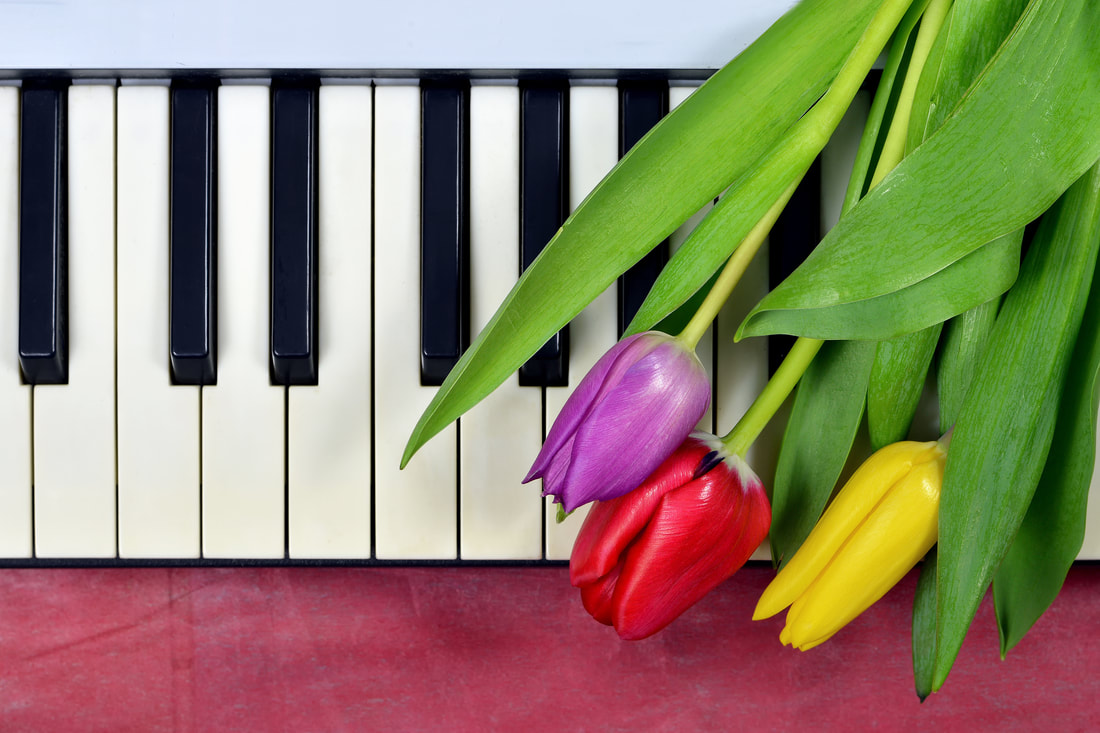



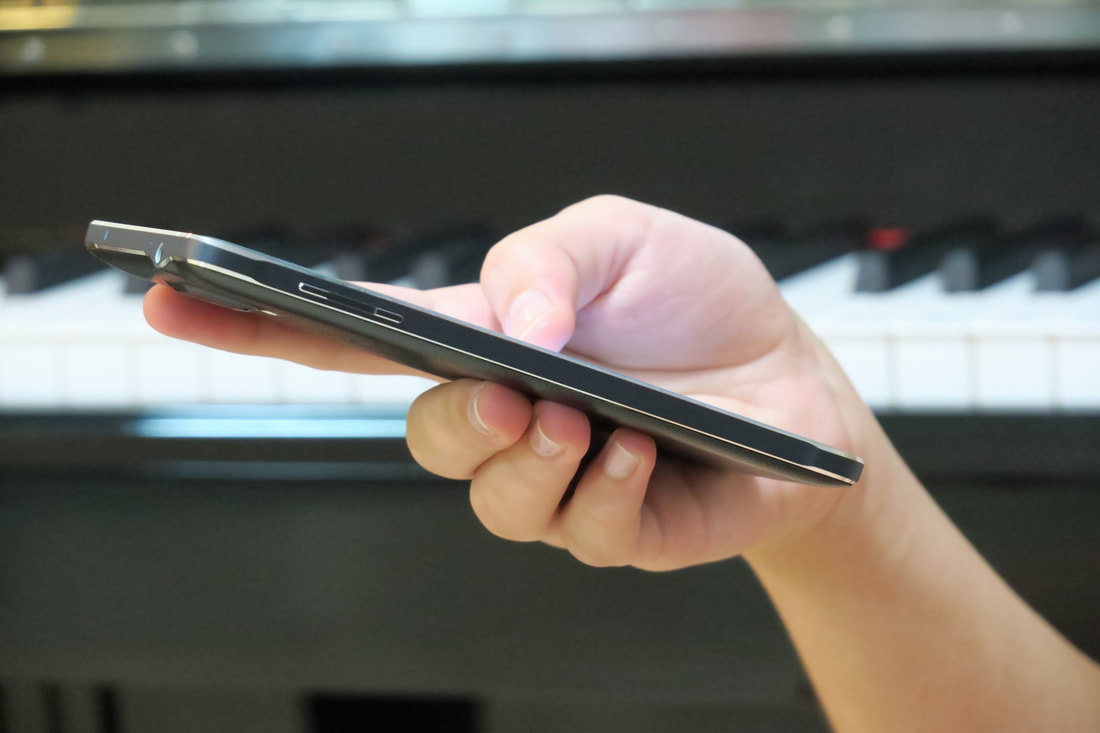


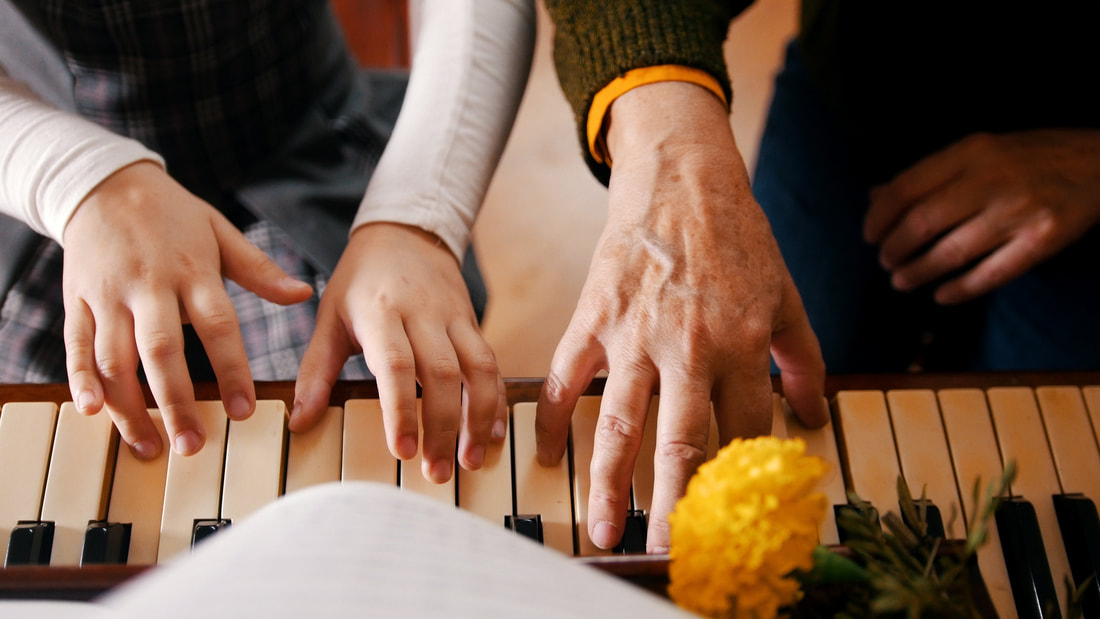

 RSS Feed
RSS Feed